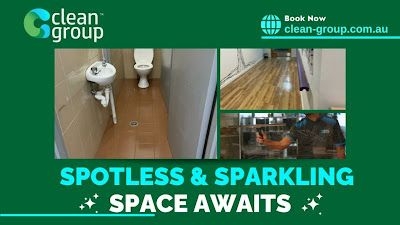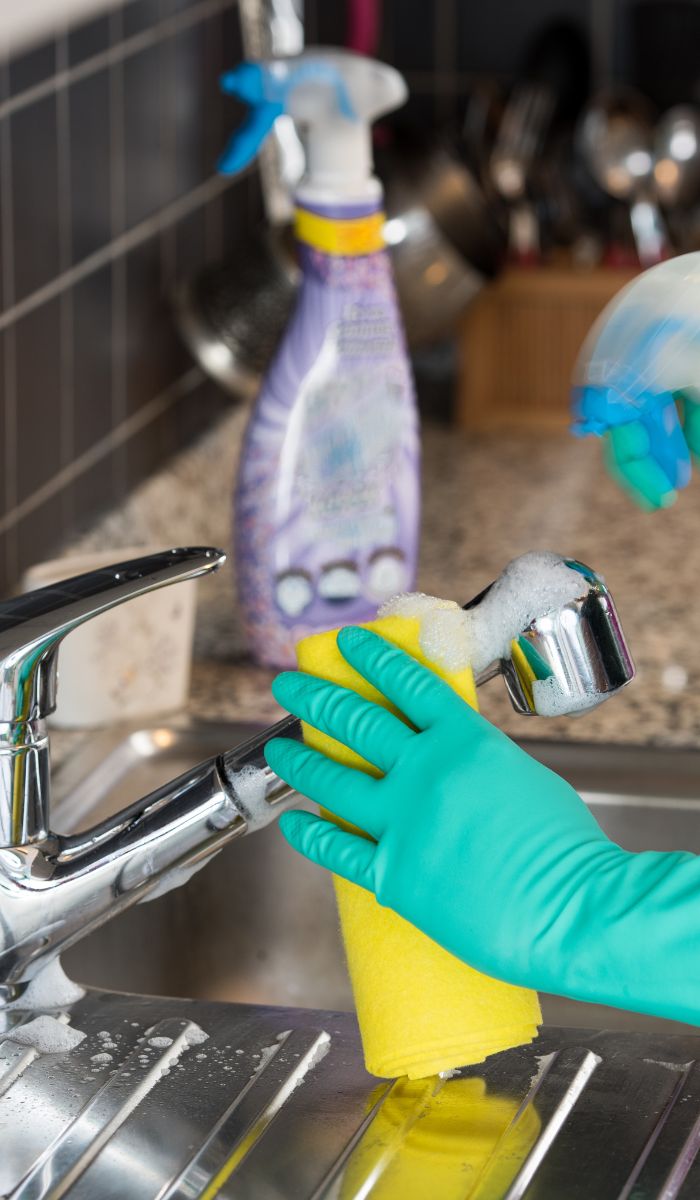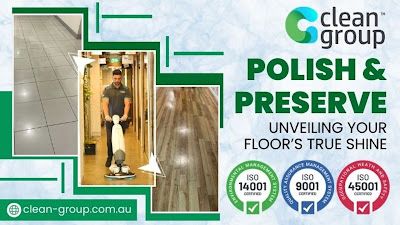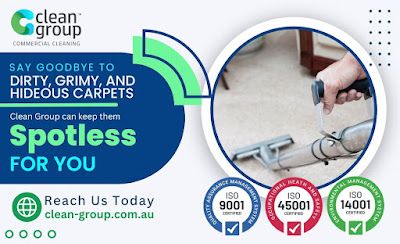
Are You Overpaying for Cleaning?
What dermatological conditions can result from cleaning work?
Cleaning methods are diverse and can be classified into mechanical and chemical processes. Many cleaning techniques rely on a combination of both. Washing is one of the most common methods, typically using water and soap or detergents to remove dirt and grime. Mopping is another method, which involves using a mop to clean floors, while wiping is done with a dry or moist cloth, such as paper towels or wet wipes. At Clean Group, we offer Reliable Office Cleaners in Sydney tailored to meet the unique needs of every business. Whether you manage a small startup or a large corporate space, our Professional Office Cleaners in Sydney deliver consistent, high-quality cleaning solutions at competitive prices. With years of industry experience, our team is equipped with cutting-edge cleaning technologies and eco-friendly products to ensure your office is spotless, hygienic, and welcoming. From routine cleaning to deep disinfection and everything in between, we take pride in being one of the most trusted names in office cleaning services in Sydney. Comprehensive Office Cleaning Tailored for Your Business Clean Group provides all-inclusive office cleaning solutions, which include: Supply and replacement of bin liners and toilet rolls Thorough cleaning of office furniture, desks, and common areas Advanced carpet cleaning and floor care Deep cleaning and COVID-19 disinfection services Washroom sanitisation and office toiletries management Our services are designed to accommodate the specific needs of your workspace, with flexible scheduling options such as daily, weekly, or fortnightly cleaning routines.. Pressure washing uses a high-pressure stream of water to clean surfaces and remove stubborn dirt. Wet cleaning refers to professional laundering methods that avoid chemical solvents, providing an eco-friendly option for cleaning textiles. Other specialized methods include abrasive blasting, which is used to remove bulk material from surfaces, and ultrasonic cleaning, where high-frequency sound waves are employed to clean delicate items like jewelry or medical instruments. In industrial contexts, carbon dioxide cleaning and flame cleaning are used to clean parts and surfaces exposed to extreme conditions. Green cleaning focuses on using environmentally friendly products and methods, minimizing the impact on the planet.
In addition to robotic cleaning devices, artificial intelligence (AI) is starting to be integrated into cleaning processes. AI algorithms are being used to optimize cleaning routes, manage inventory for cleaning supplies, and predict when certain areas will need cleaning based on foot traffic data. AI-powered systems are capable of learning and adapting to the layout of spaces, improving the overall efficiency of cleaning operations. This data-driven approach allows for more targeted cleaning, minimizing the use of resources while maximizing cleanliness.


